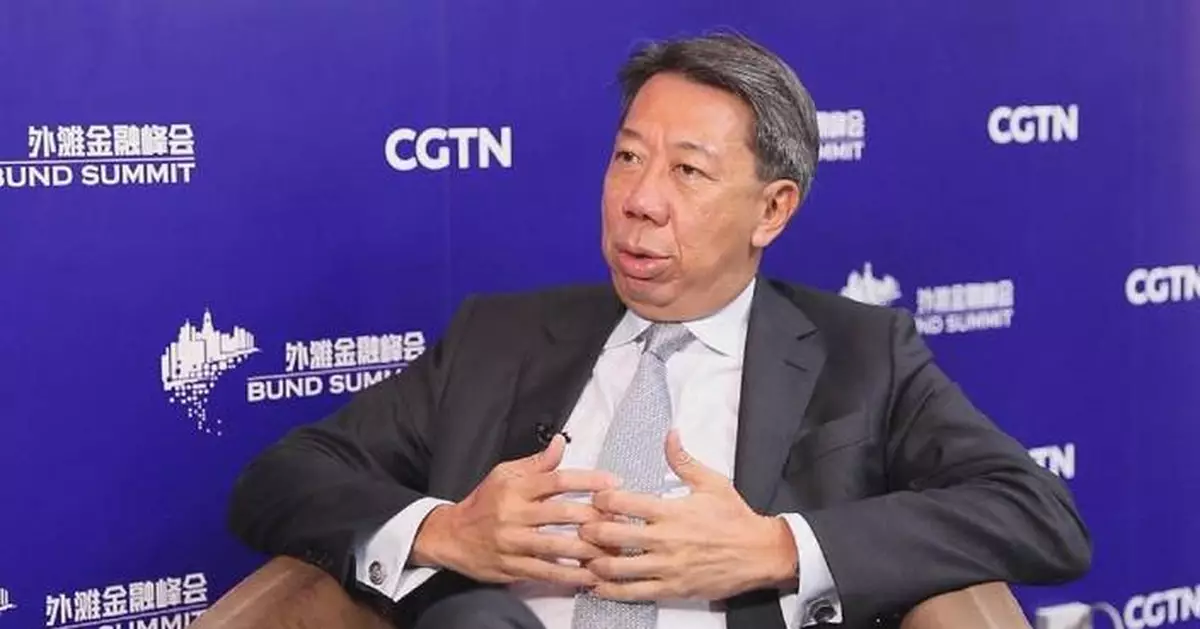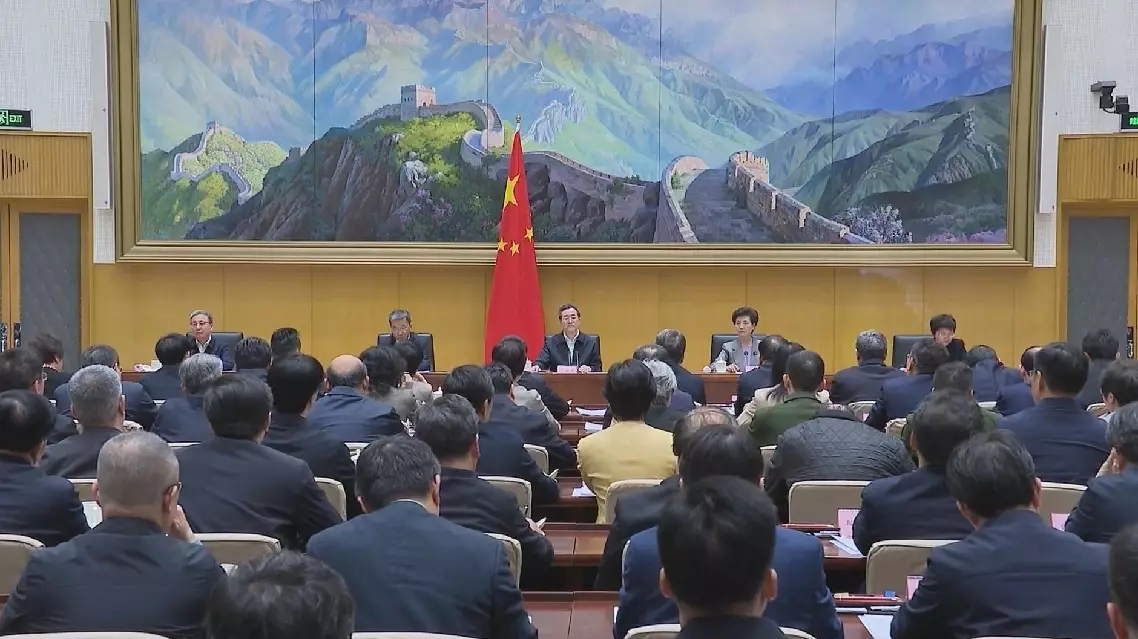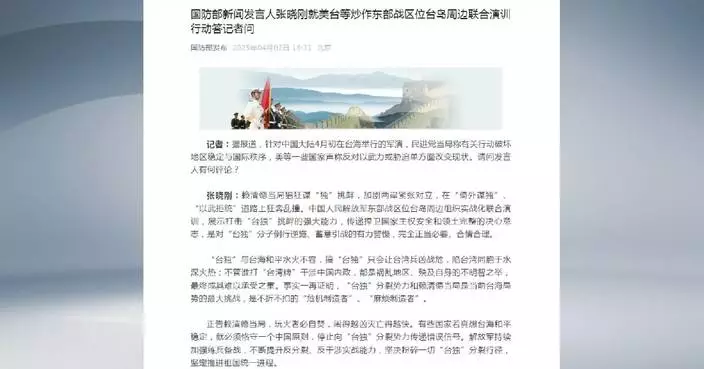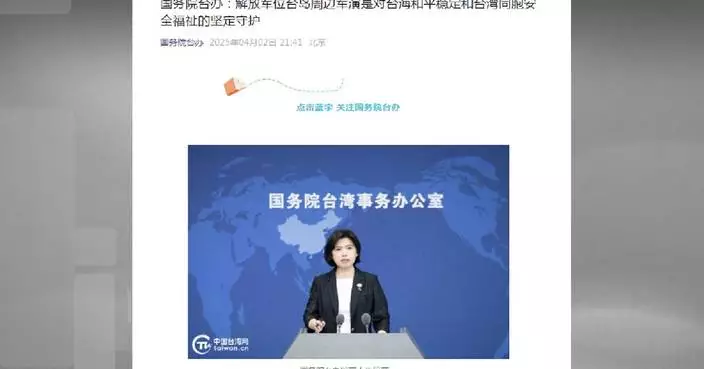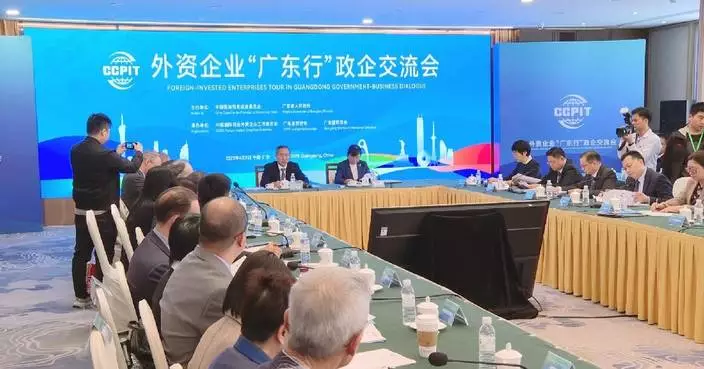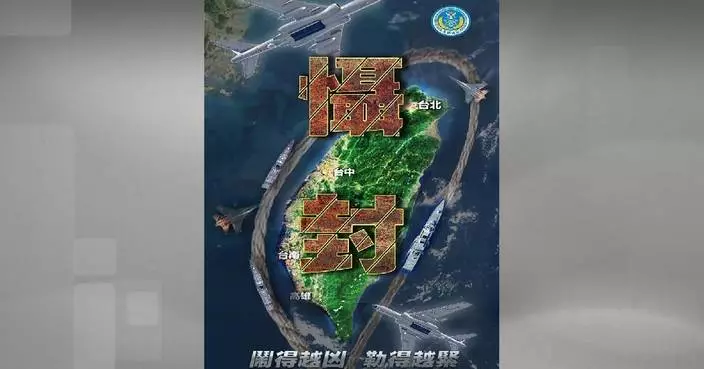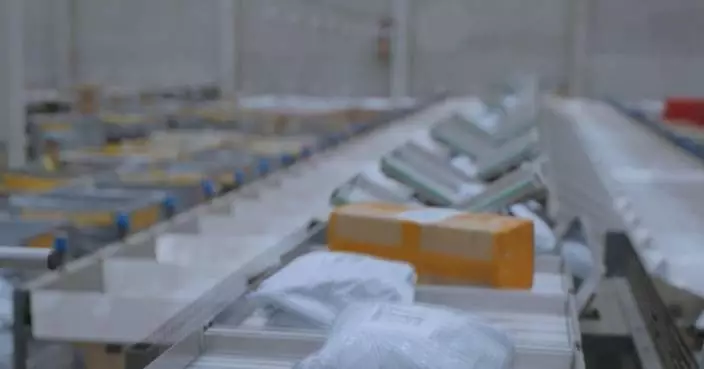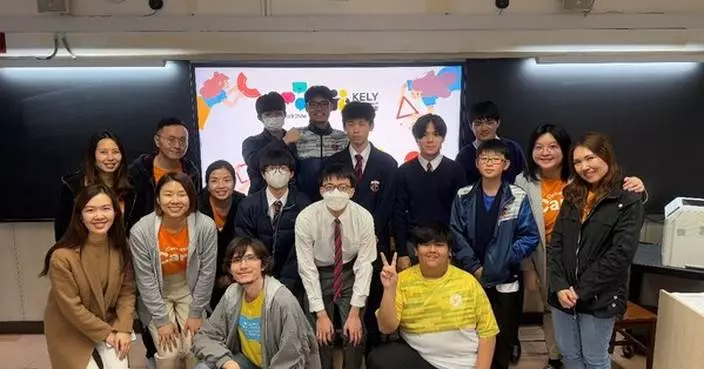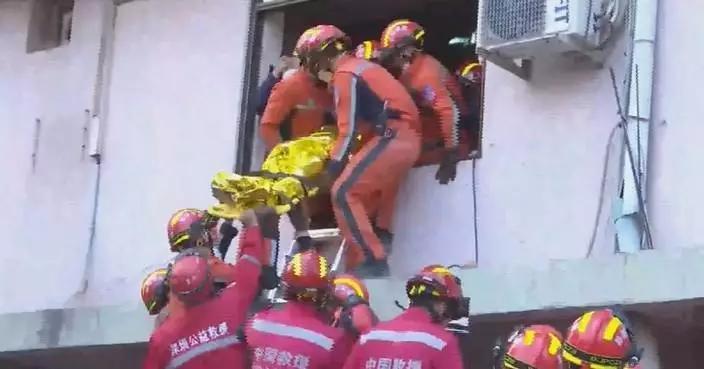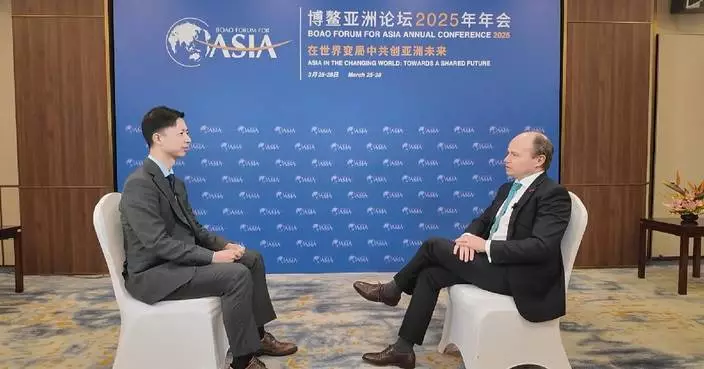China’s economy is going through a transition to a new, more sustainable model and is helping stabilize the world economy by means of securing a supply chain and helping less-developed countries, said a high-ranking executive at Standard Chartered Bank (SCB) on Friday.
Noting a tenancy among global investors to over-scrutinize economic data coming out of China, Benjamin Hung Pi-cheng, Standard Chartered's CEO for Asia, told China Global Television Network (CGTN) in an interview on the sidelines of this year's Bund Summit in Shanghai that a longer-term view of the country's trajectory is more pertinent.
"I think there's little point on micro analyzing every nano-KPI that comes out. We have to look at where China is moving and what it's transitioning into. I think near-term, acknowledging there will be some softness. I think this is fundamentally due to slower consumer demand, and that itself is driven by the softer sentiment arising from the whole CRE (commercial real estate) correction. That I think they're going through a process that will take time. Fundamentally, I still think consumption is a huge engine for powering Chinese growth in the next chapter alongside supply chain reforms, shifting to new economy. I don't think we should over-worry about it. We're going through a transition, hopefully, to a more sustainable forward future," Hung said.
The bank executive also stressed that China's large-scale supply chain is playing an important role in stabilizing world economy, noting it would be impossible to replace in a short period of time.
"Fundamentally, the whole world having gone through perhaps two or three years ago, huge amounts of supply chain disruption -- most of the players would want to see resilience, resilience in how goods are delivered from one part of the world to another to make sure there as little disruption as possible. If you are an importer from Europe or from the U.S., it will take time for them to diversify and change. Because that current chain that China provides, it's very, very high quality, very cost efficient, and producing with massive scale," he said.
Speaking of the just-concluded 2024 Summit of the Forum on China-Africa Cooperation (FOCAC) in Beijing, Hung said the fruitful outcomes of the summit show that China is actively supporting the development of African countries, which took a harder hit in the COVID-19 pandemic in previous years.
"Unfortunately, I think COVID-19 has been very regressive where the rich countries became richer, the poor countries became poorer. So I think we need to have also a phase to help support those who were a little bit challenged by COVID-19 to help bring them up. And what was discussed and announced yesterday, which is very good of China, offering the tariff-free to all the Least Developed Countries, many of which are in Africa. That's fundamentally very, very good. That will help support the development of the African nations," he said.
In his keynote speech at the FOCAC summit, Chinese President Xi Jinping said that China will give all Least Developed Countries (LDCs) having diplomatic relations with China, including 33 countries in Africa, zero-tariff treatment for 100 percent tariff lines.
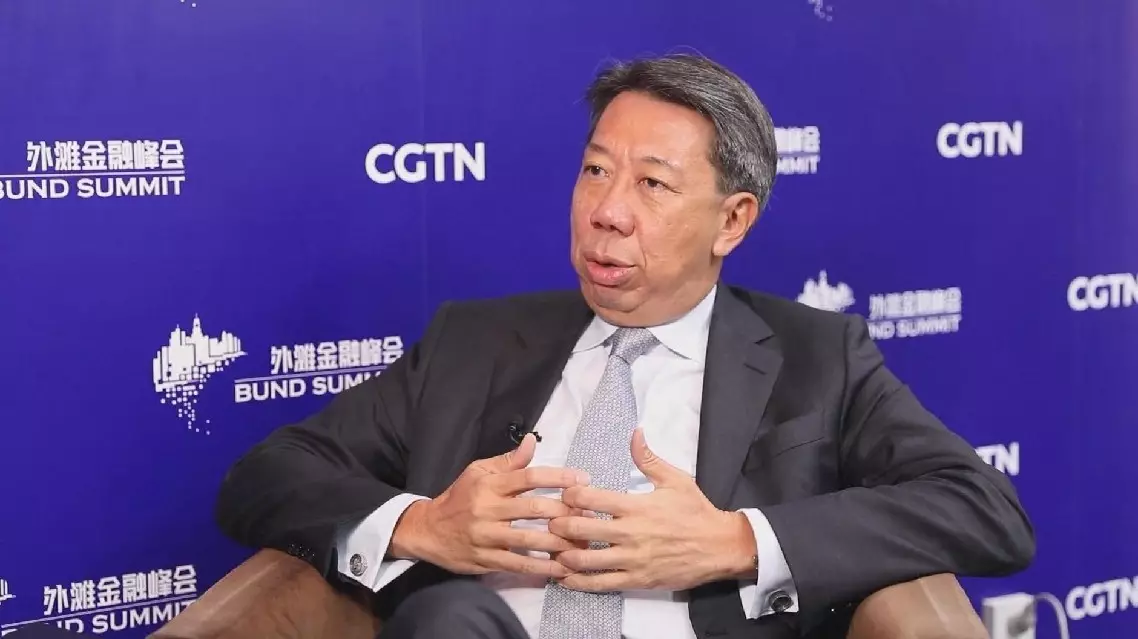
China's economy going through transition to more sustainable model: SCB executive


